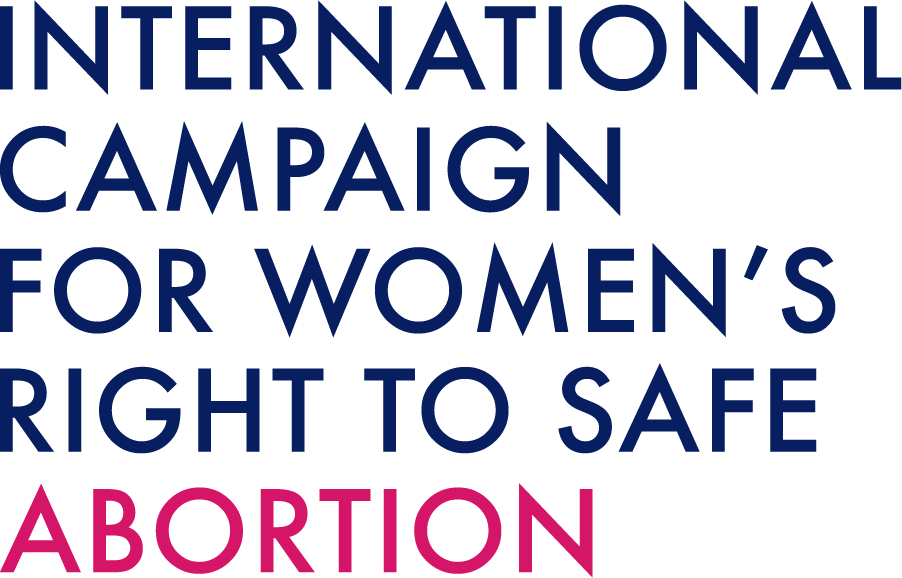
New Global Study Highlights Dual Impact of Improved Maternity Care and Contraceptive Use in Reducing Maternal Mortality
A new global analysis, “Effect of maternity care improvement, fertility decline, and contraceptive use on global maternal mortality reduction between 2000 and 2023”, reveals that advances in both maternity care and family planning have driven a dramatic 41% global reduction in maternal deaths over the past two decades.
Between 2000 and 2023, maternal deaths worldwide declined from 443,000 to 260,000. The study, analyzing data from 195 countries, attributes 61.2% of this reduction to improved maternity care—such as skilled birth attendance and emergency obstetric services—and 38.8% to fertility decline, primarily driven by increased contraceptive use.
According to the report, the global rise in contraceptive prevalence alone prevented an estimated 77,400 maternal deaths in 2023, accounting for nearly 24% of all maternal deaths averted that year. In some countries, such as India, this figure reached 47%.
The findings emphasize that reducing maternal mortality requires a dual-track approach:
strengthening clinical maternity care and ensuring universal access to contraception and reproductive health education.
Researchers underline that these interventions are essential to achieving the UN Sustainable Development Goal 3 — ensuring healthy lives and promoting well-being for all at all ages.
This study provides critical evidence for policymakers, healthcare providers, and advocates to support integrated strategies that empower women, improve healthcare systems, and end preventable maternal deaths.




















